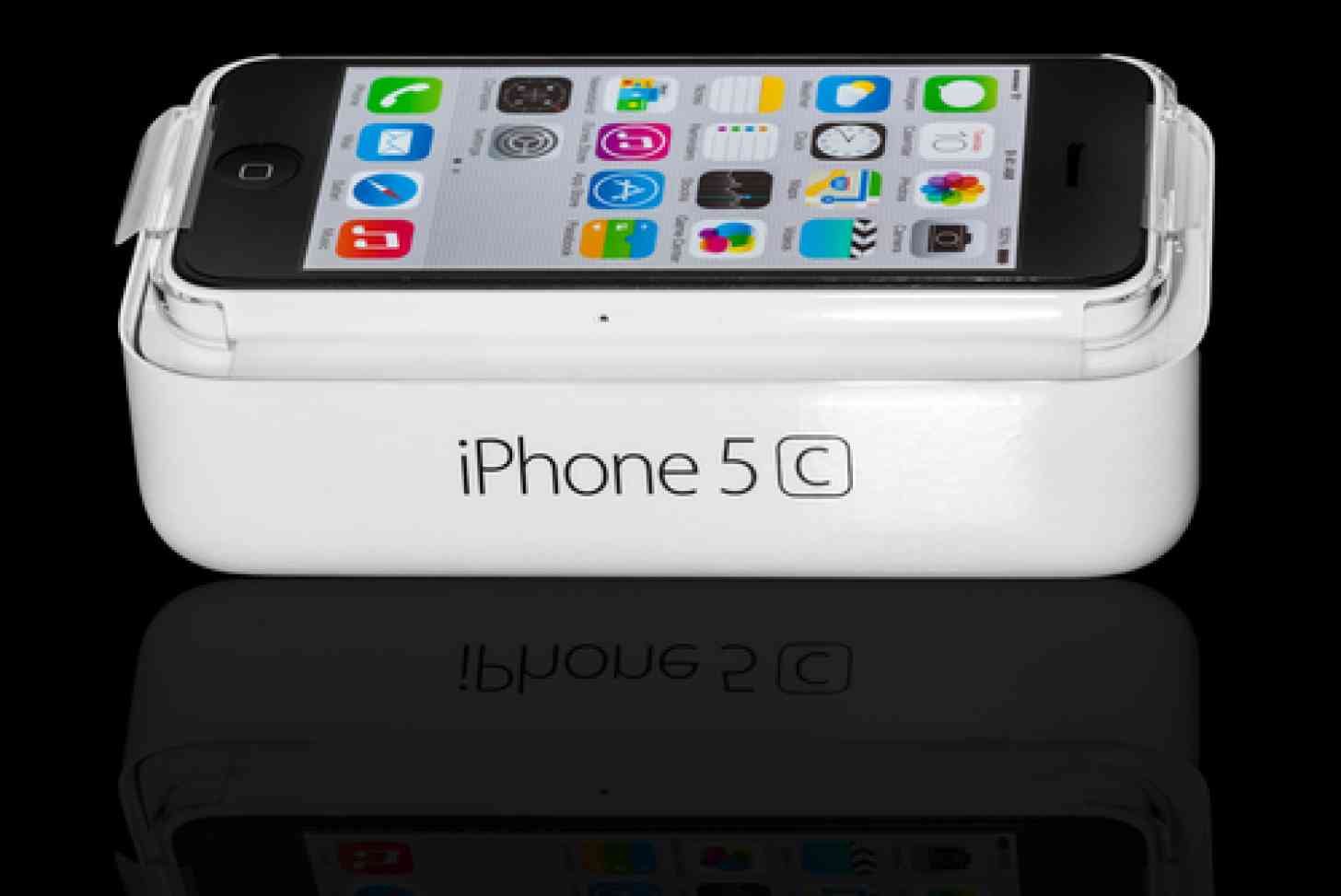
When the Federal Bureau of Investigation asked Apple’s help to unlock an iPhone 5c unit owned by a terrorist, the mobile giant flatly refused the agency’s request. But now that the FBI has gained access into the said mobile device (with the help of a third party), it is now Apple’s turn to do all the requesting.
From Apple’s point of view, it should only be natural for the iPhone maker to try to acquire knowledge regarding how a party other than itself has managed to bypass the protective measures put in place in its iPhone devices. After all, for a company that values privacy and security, it is only right that it do whatever it takes to always strive to make its products protected against unauthorized access.
As for the FBI, sharing details to Apple about how it managed to hack into that particular device should be simple and easy. But taking into account all that vitriol the two sides have been throwing at each other in the past few weeks, the government agency might be itching to turn the tables around and give Apple a taste of its own medicine.
Indeed, the debate between national security and individual privacy has taken a rather complicated turn -- should law enforcement inform tech companies about vulnerabilities in their products, and how far will authorities go in acquiring third parties to bypass security measures in encrypted mobile devices? The mobile industry has been more or less open about sharing information about bugs and glitches among themselves, but it is a totally different story when the FBI is in on it.
Perhaps the only sensible thing left for Apple to do is learn from all of this, and try its best to improve its security measures the next time around.